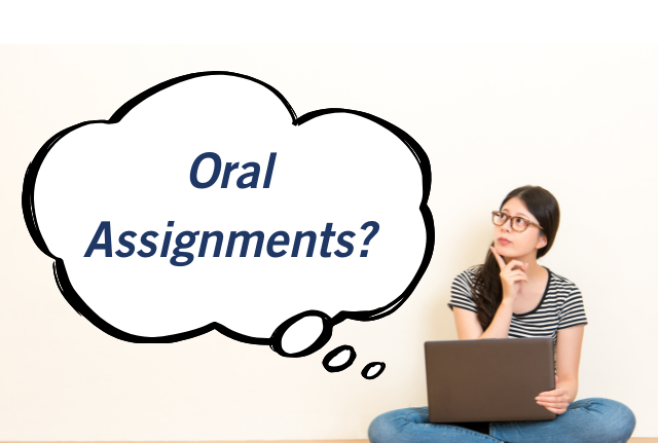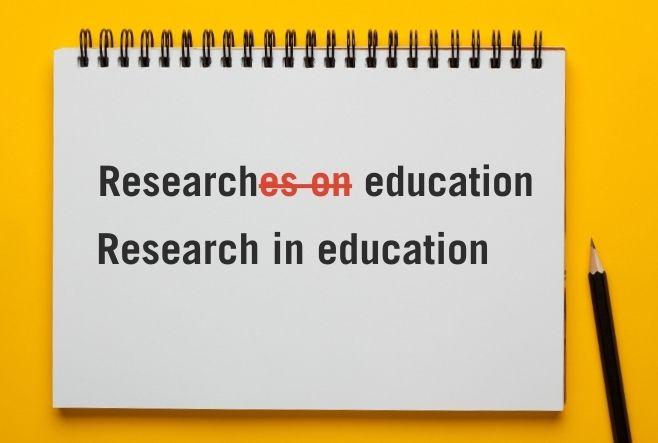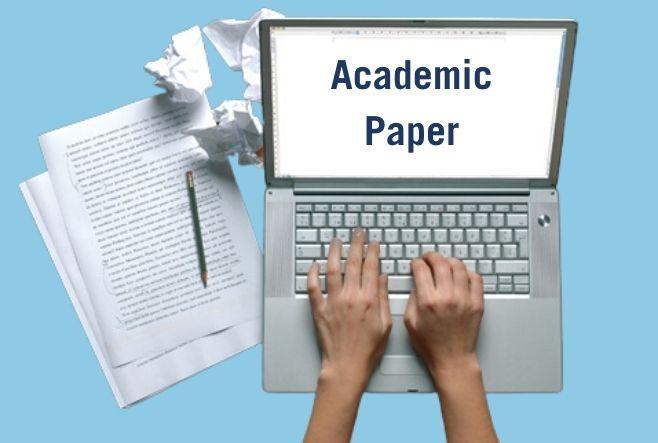Resource Pages
Image

How to Deliver Presentations Effectively
This Resource Page provides strategies for delivering presentations with clarity, confidence, and impact. It offers guidance on scripting, practicing, managing nerves, and engaging your audience—plus interactive video examples of different delivery styles with expert feedback.
Image

How to Design Slides for Oral Presentations
This Resource Page offers practical tips for designing clear, concise, and effective slides that support your oral presentation, with interactive examples and a focus on audience engagement.
Image

How to Participate in & Lead Class Discussions
This resource page offers practical strategies for participating in and leading class discussions in academic settings. It covers how to ask strong questions, manage group dynamics, facilitate inclusive dialogue, and navigate sensitive topics—all while building critical communication and collaboration skills.
Image

Oral Assignments at OISE
This Resource Page is designed to help you understand the different types of oral assignments at OISE, what instructors typically expect, and how to approach these tasks effectively to build your academic and professional communication skills.
Image

How to Write a Research Proposal Paper
This Resource Page will help you learn what a research proposal paper is, understand the steps in the planning stages of a research proposal paper and identify the components of a research proposal paper.
Image

Revising, Editing & Proofreading
After drafting your paper, you need to review it carefully. The review process is divided into three steps: revise, edit and proofread. This Resource Page will help you understand the differences between revising, editing, and proofreading and apply these different techniques to your writing process.
Image

How to Take Notes of Readings
Absorbing the content of academic texts, like book chapters or journal articles, can be challenging. Taking notes while engaging in academic reading can help you navigate through dense material, making your reading more efficient and effective. This Resource Page offers 4 methods for notetaking on academic reading.
Image

How to Take Notes in Class
Using note-taking strategies during classes can help us focus and keep our brains active, and ultimately organize our notes and ideas more effectively for our studies. This Resource Page will help you take effective notes in class.
Image

How to Draft an Academic Paper
Once you have done your research and have developed ideas for you paper, it's time to start writing! This Resource Page shows you how to draft research papers and literature reviews following a three-step process.